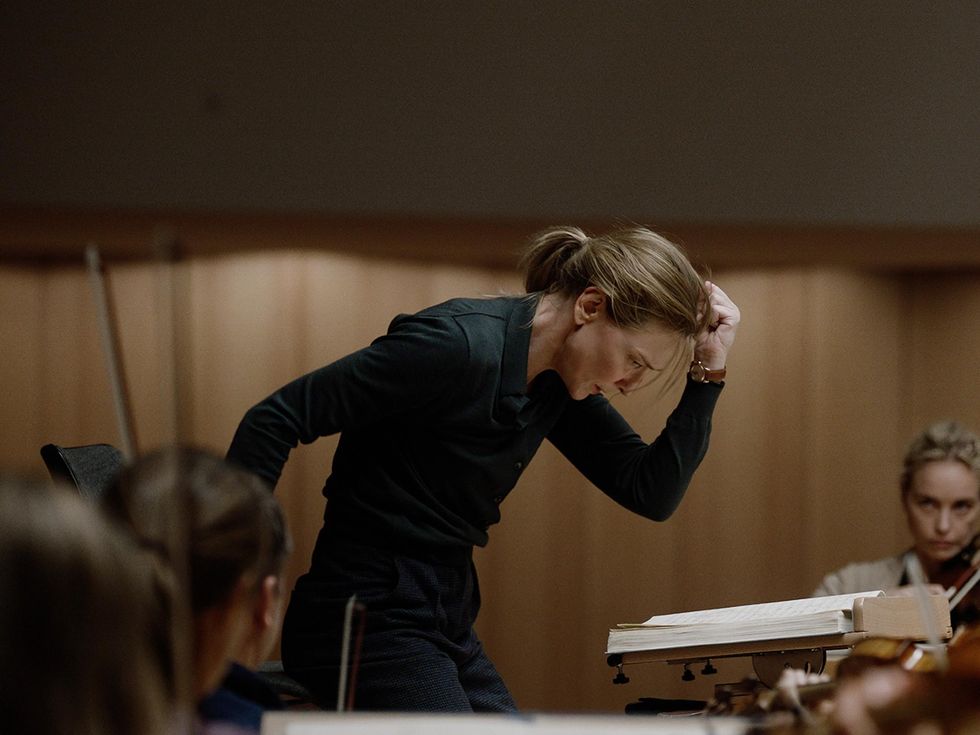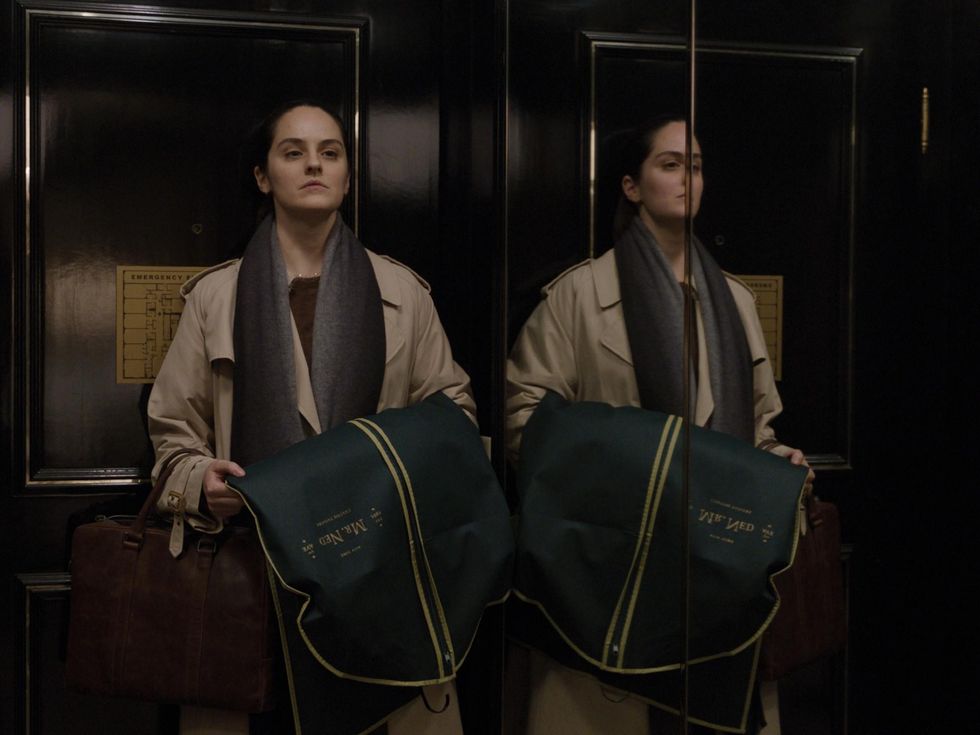Movie review
Cate Blanchett orchestrates Oscar-caliber performance as power-hungry conductor in Tár
Since the #MeToo movement gained steam in 2017, a number of films and TV shows have confronted the new reality in direct and indirect ways. In almost all cases, however, the person behaving badly was a man, as men have long been the ones to hold the most power. But immoral conduct is not limited by gender, as the new film Tár demonstrates.
Cate Blanchett stars as Lydia Tár, a world-renowned conductor currently leading the Berlin Philharmonic. As the film begins, we see her in a number of settings: Giving a live interview in front of an audience, teaching a graduate-level music class, planning her schedule with her assistant, Francesca (Noémie Merlant). It’s clear that she is well-respected by those who know her by reputation, but the closer you get to her, the more her flaws start to reveal themselves.
Bit by bit, the film pokes holes in her holier-than-thou personality. While somewhat affable on the surface, she has a need for power – and a willingness to do anything to hold on to it – that manifests itself in a variety of unsavory ways. Most notable among these is her taste for young female protégés, a desire she does little to hide despite having a child with her wife, Sharon (Nina Hoss).
Written and directed by Todd Field, making his first film since 2006’s Little Children, Tár is most notable for how much time it devotes to setting up Tár as a character. Instead of being overtly obvious about her faults or painting her as blatantly evil, Field instead drops a series of hints about her proclivities while mostly showing her as strong and strong-willed, characteristics that have often been praised in men.
Even when things start to go awry for Tár, Field maintains the nuance of the story, depicting her increasingly fragile mental state through a series of scenes in which she hears mysterious noises. These and other semi-bizarre things that happen to her at various points in the film keep the audience on its collective toes, never sure what is going to be shown next.
Though the film is set in the rarefied world of classical music, it has a grounded nature that keeps it balanced. Those who know a lot about the world of symphony orchestras will be pleased with the level of detail devoted to the scenes depicting the inner workings, but the story as a whole is most interested in the people, not the politics, of the industry.
The film will likely leave many at a loss as to how to feel about its protagonist. The many factors that come into play – Tár’s gender and sexuality, Blanchett’s own reputation, the history of patriarchy, the upper-class world in which it takes place, among others – all color how the character is perceived. Even when she’s at her worst, Tár still has a magnetism that’s difficult to deny.
Blanchett, per usual, gives an ultra-compelling performance. The two-time Oscar winner will likely secure her seventh nomination, as she enthralls with her choices in voice, movement, and more. Merlant, a French actor best known for Portrait of a Lady on Fire, does a great job in her supporting role, providing her own intensity.
Tár is an of-the-moment film that examines the role of a leader, who’s allowed to lead, and how leaders should act when they rise to power. With one of today’s best actors again at the top of her game, it’s a can’t-miss opportunity for movie lovers.
---
Tár opens in Fort Worth theaters on October 28.



